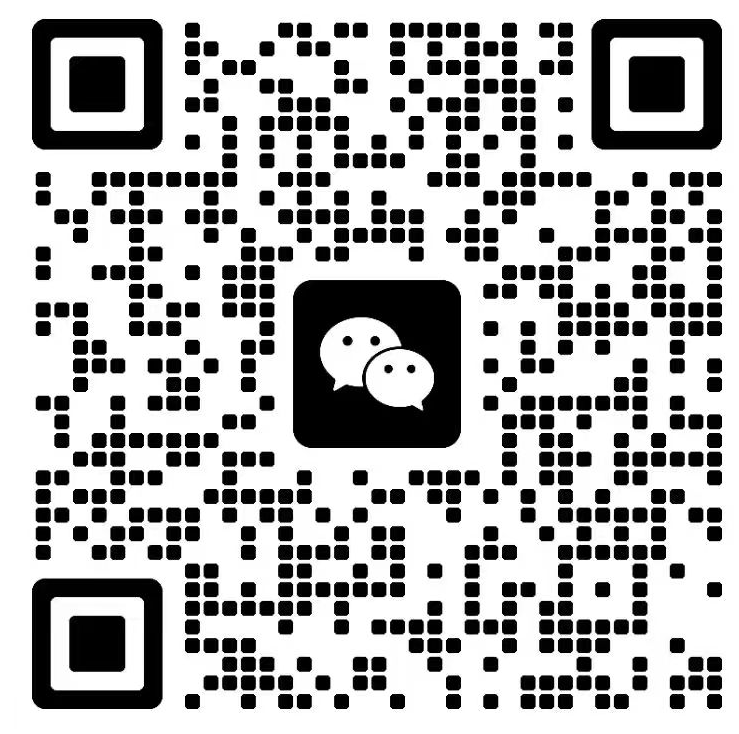被動(dòng)語態(tài)在英語中的使用得比漢語要多,在英語中極為重要??佳兄谐3I婕暗竭@個(gè)問題。一般說來,當(dāng)強(qiáng)調(diào)動(dòng)作承受者,不必說出執(zhí)行者或的執(zhí)行者含糊不清時(shí),多用被動(dòng)語態(tài)。
主動(dòng)和被動(dòng)語態(tài)的對(duì)比:
主動(dòng)語態(tài)
被動(dòng)語態(tài)
一般現(xiàn)在時(shí)
①is\am\ are ②do/does(V.\V.s) am\is\ are +done(V. p.p)
一般將來時(shí)
will\be going to\be (about) to +do(V.) will +be +done(V. p.p)
一般過去時(shí)
①was\were ②did(V.-ed) was\were +done(V. p.p)
現(xiàn)在進(jìn)行時(shí)
am\is\are +doing(V.-ing) am\is\are +doing +done(V. p.p)
過去進(jìn)行時(shí)
was\were +doing(V.-ing) was\were +doing +done(V.p.p)
現(xiàn)在完成時(shí)
have\ has +done(V. p.p.) have\has +been +done(V. p.p)
過去完成時(shí)
had +done(V. p.p.) Had +been +done(V. p.p.)
情態(tài)動(dòng)詞
情態(tài)動(dòng)詞+V.
情態(tài)動(dòng)詞+be +done(V. p.p.)
過去將來時(shí)
would/should +V. would/should be + done(V. p.p.)
翻譯時(shí)有以下幾種翻譯方法:
①譯成漢語被動(dòng)句:使用"被、受、遭、讓、給、由、把、得到、受到、加以、得以、為……所"等詞。
②增加主語,即動(dòng)作的實(shí)際發(fā)出者,或虛擬發(fā)出者。
③譯成漢語無主句
另外還有一些常用被動(dòng)句型的習(xí)慣譯法,需要平時(shí)積累,比如:
It is hoped that... 希望……,有人希望……
It is assumed that... 假設(shè)……,假定……
It is claimed that... 據(jù)說……,有人主張……
It is believed that... 有人想信……,大家相信……
It is reported that... 據(jù)報(bào)道……,據(jù)通報(bào)……
It is considered that... 人們認(rèn)為……,據(jù)估計(jì)……
It is said that... 據(jù)說……,有人說……
【考研試題例句】
It is imagined by many that the operations of the common mind can be by no means compared with these processes, and that they have to be required by a sort of special training.
【解析】
It is imagined by many //that the operations of the common mind can be by no means compared with these processes, //and that they have to be acquired by a sort of special training.
主句:it is imagined,其中it為形式主語,而that引導(dǎo)的 that the operations... compared with these processes和that they have to ... special training是并列的主語從句,為真正的主語。原文中有三個(gè)被動(dòng)語態(tài)is imagined,be compared和be required,譯成漢語都變成了主動(dòng)表達(dá):"認(rèn)為"、"相比"和"掌握"。具體為:
(1)It is imagined by many 此處是"It+被動(dòng)語態(tài)+that"形式的處理,譯為"很多人認(rèn)為"。
(2)that the operations of the common mind can be by no means compared with these processes, 此處所用的是譯成漢語主動(dòng)句的處理方法,并保存原文主語譯為"普通人的思維活動(dòng)根本無法與這些思維過程(科學(xué)家的思維過程)相比"。
(3)and that they have to be required by a sort of special training 此處所用的是譯成漢語被動(dòng)句的處理方法,譯為"認(rèn)為這些思維過程是必須由某種專門訓(xùn)練才能掌握"。
【參考譯文】
許多人以為,普通人的思維活動(dòng)根本無法與這些思維過程(科學(xué)家的思維過程)相比,認(rèn)為這些思維過程是必須由某種專門訓(xùn)練才能掌握。
以上是為大家準(zhǔn)備整理的“2019考研英語翻譯基礎(chǔ)復(fù)習(xí)技巧:被動(dòng)語態(tài)”的相關(guān)內(nèi)容。




